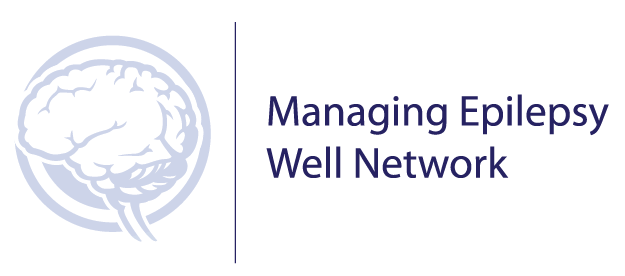Program Development and Evaluation
Emory University first developed and tested Project UPLIFT, funded by the CDC. A randomized, controlled trial (RCT) took place in the community setting between 2007 and 2009. The study assessed the effect of Project UPLIFT on participants’ knowledge/skills and depressive symptoms. Participants were 40 people with epilepsy who received care at the Emory Epilepsy Center and screened positive for depression. They were randomly assigned to take part in the usual medical care (50%), or in Project UPLIFT (50%). Of those assigned to Project UPLIFT, half took part in telephone groups and half in Web groups. Participants assigned to usual care received Project UPLIFT after about a 10-week waiting period. This study showed that knowledge and skills increased more (p = 0.036) and symptoms of depression decreased more (p = 0.001) for the people who took part in Project UPLIFT than for those receiving usual care.
Between 2009 and 2012, researchers from Emory University, the University of Michigan, the University of Texas Health Sciences Center at Houston, and the University of Washington conducted a second RCT of Project UPLIFT, funded by the National Institutes of Health. This study tested the effectiveness of Project UPLIFT for preventing depression among people with epilepsy. Participants were 118 people with epilepsy and mild-to-moderate symptoms of depression recruited from Georgia, Michigan, Texas, and Washington. During the 10-week study period, the incidence of major depressive disorder among those receiving usual care was 10.7%, compared to 0.0% among those taking part in Project UPLIFT (p = 0.028). Participants were selected for low levels of depression symptoms, yet participation in Project UPLIFT further reduced their depression when compared to usual care (p = 0.036). This decrease was mediated by a greater change in knowledge/skills (p = 0.016). Satisfaction with life improved more among those attending Project UPLIFT than among those in usual care (p = 0.006).
Project UPLIFT has been culturally adapted for African Americans and Hispanic Americans by researchers from Emory University/Morehouse School of Medicine and NYU School of Medicine, respectively, with funding from the CDC. Two RCTs to test the efficacy of Project UPLIFT in these populations are currently underway.
